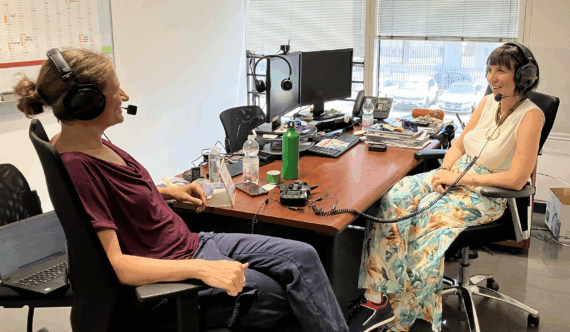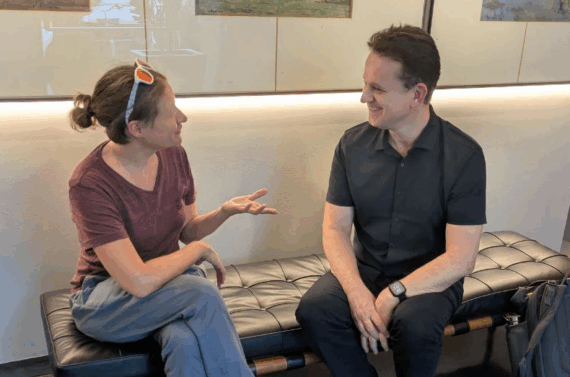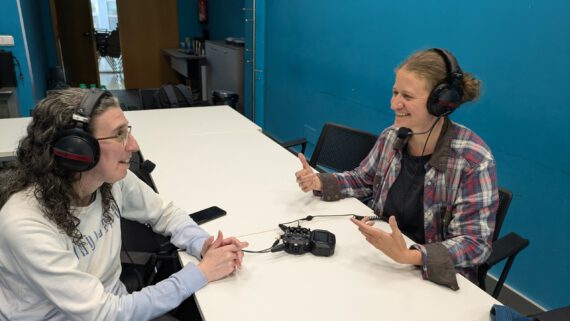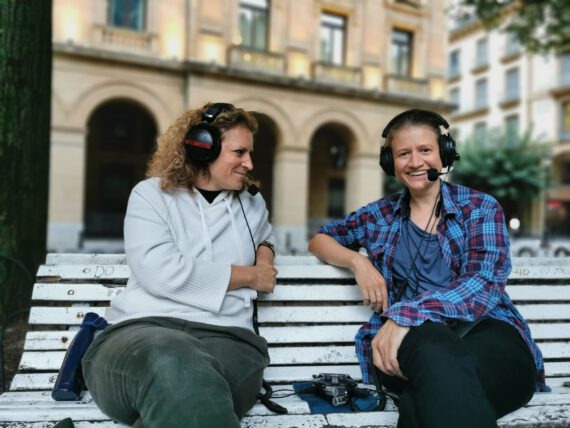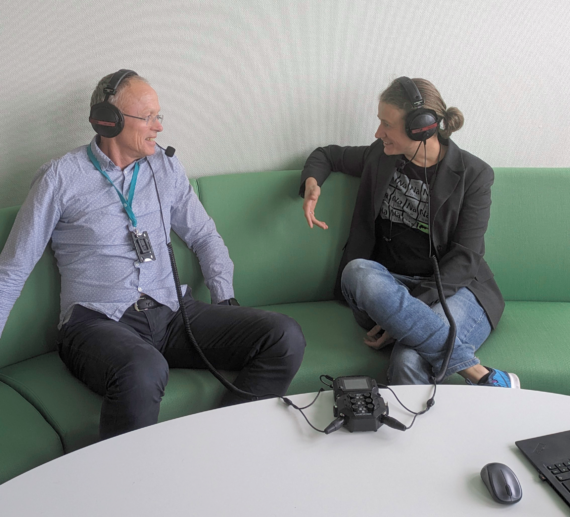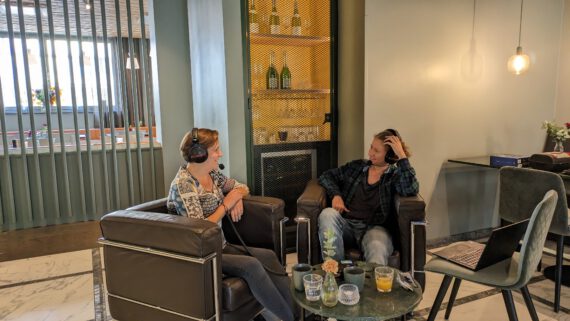mbly in Verona, Italy. Susanna shares her perspective as an industrial partner in the BatWoMan project and reflects on the intersection of industrial scale-up, sustainability, and collaborative innovation.
They explore:
How reducing dry room requirements can lower costs and environmental impact in battery manufacturing.
The importance of balancing process efficiency and investment sustainability, especially for new players in Europe’s battery landscape.
Why fostering strong partnerships and building a European battery ecosystem is key for long-term success.
Susanna also highlights the value of industry-research collaboration and stresses the importance of continuing this momentum beyond the project’s end.

